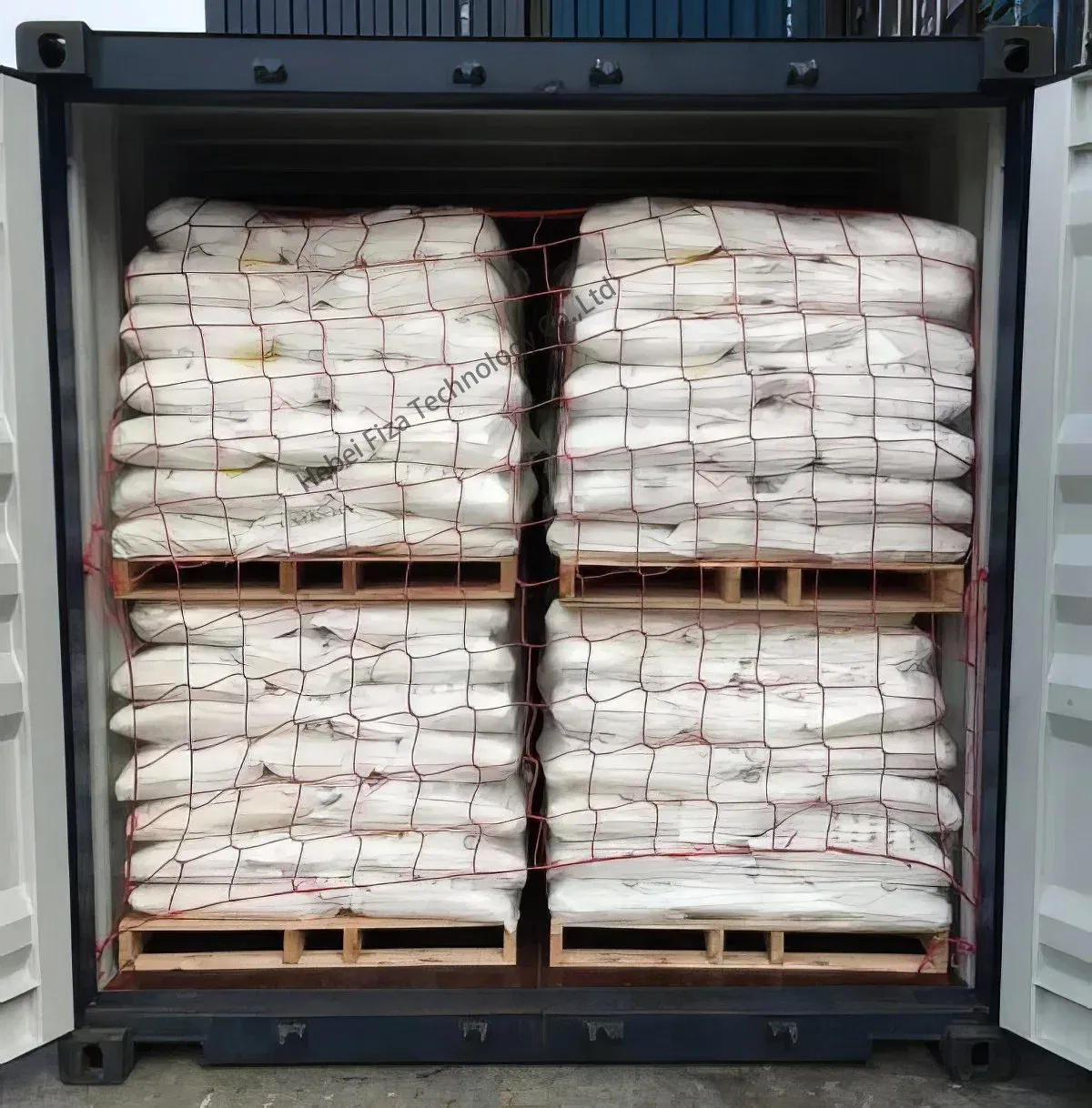



Water Treatment Solutions for Boilers and Cooling Towers in Industrial Applications
Water Treatment for Boilers and Cooling Towers
Water is a critical component in industrial processes, particularly in boiler systems and cooling towers. Proper water treatment is essential to ensure efficiency, reduce operational costs, and prolong the lifespan of these systems. This article will discuss the significance of water treatment in boilers and cooling towers, the common challenges faced, and the available treatment methods.
Importance of Water Treatment
Water quality plays a vital role in the operation of both boilers and cooling towers. In boilers, water is heated to produce steam, which is used for various applications such as power generation, heating, and manufacturing processes. In cooling towers, water is used to absorb heat from the system and then dissipate it into the atmosphere. If the water is not treated adequately, it can lead to several operational issues, including corrosion, scale buildup, and biological growth.
1. Corrosion Both boilers and cooling towers are susceptible to corrosion caused by dissolved gases like oxygen and carbon dioxide. If left untreated, corrosion can lead to leaks, system failure, and costly repairs.
2. Scale Formation Hard water contains minerals such as calcium and magnesium, which can precipitate out of the water and form scale on heat exchange surfaces. Scale acts as an insulator, reducing heat transfer efficiency and increasing energy consumption.
3. Biological Contamination Cooling towers are particularly prone to waterborne microorganisms, including bacteria, algae, and fungi. These can cause fouling of the system, leading to reduced efficiency and potential health risks, such as the spread of Legionnaires' disease.
Water Treatment Methods
To mitigate these challenges, various water treatment methods can be employed for both boilers and cooling towers. These methods can be categorized into physical, chemical, and biological treatments.
1. Physical Treatment - Filtration Removing suspended solids from water through mechanical or media filtration can help reduce scale formation and biofouling. - Softening Ion exchange systems can be used to reduce hardness in water, preventing scale buildup in boilers and cooling systems. This method exchanges calcium and magnesium ions with sodium ions, making the water softer.
boiler and cooling tower water treatment

2. Chemical Treatment - Corrosion Inhibitors Adding chemicals such as phosphates, molybdates, or organic inhibitors can create a protective layer on metal surfaces, reducing corrosion rates. - Scale Inhibitors Chemicals like polyacrylic acids or phosphonates can be added to prevent scale formation by interfering with mineral precipitation. - Biocides To control biological growth in cooling towers, biocides such as chlorine, bromine, or non-oxidizing agents can be applied to maintain microbial control.
3. Biological Treatment - Biological Reductions and Treatments Certain biological methods involve using bacteria that can consume nutrients in the water, thus controlling algae and biofouling. These treatments can be part of an integrated water management approach.
Best Practices for Water Treatment
To optimize the water treatment process for boilers and cooling towers, here are some best practices
- Regular Monitoring Implement a routine monitoring program to regularly check water quality parameters such as pH, conductivity, and hardness, which can help identify potential issues before they become critical. - Tailored Treatment Programs One size does not fit all when it comes to water treatment. Each system has specific needs based on usage, water source, and local water quality. Developing customized treatment programs can enhance efficiency.
- Training and Awareness Educating staff about the importance of water treatment and best practices can foster a proactive approach to maintenance and system operation.
- Utilization of Advanced Technologies Consider integrating advanced monitoring and control systems that utilize real-time data to optimize chemical dosing and improve overall system performance.
Conclusion
Effective water treatment is essential for the smooth operation of boilers and cooling towers. By understanding the importance of water quality and employing appropriate treatment methods, organizations can minimize downtime, enhance efficiency, and ensure the longevity of their systems. Investing in a comprehensive water management strategy not only protects physical assets but also contributes to overall environmental sustainability and operational cost savings.
-
Why Sodium Persulfate Is Everywhere NowNewsJul.07,2025
-
Why Polyacrylamide Is in High DemandNewsJul.07,2025
-
Understanding Paint Chemicals and Their ApplicationsNewsJul.07,2025
-
Smart Use Of Mining ChemicalsNewsJul.07,2025
-
Practical Uses of Potassium MonopersulfateNewsJul.07,2025
-
Agrochemicals In Real FarmingNewsJul.07,2025
-
Sodium Chlorite Hot UsesNewsJul.01,2025










